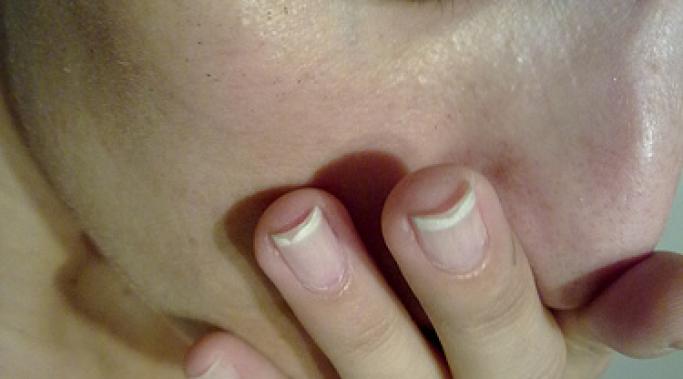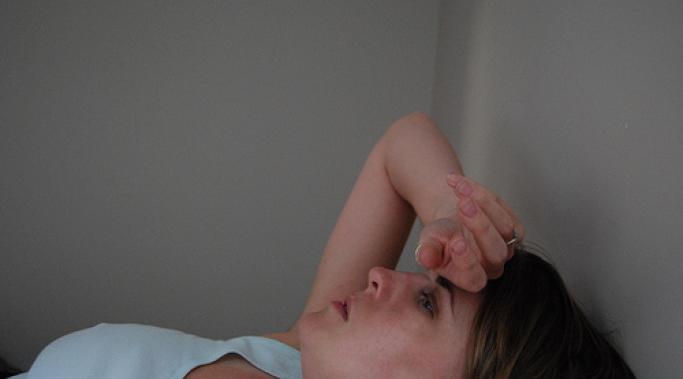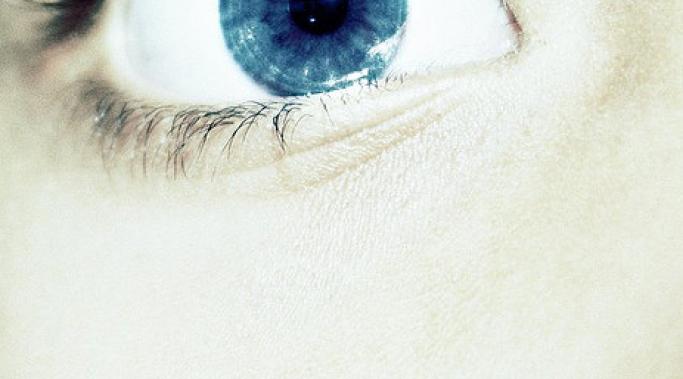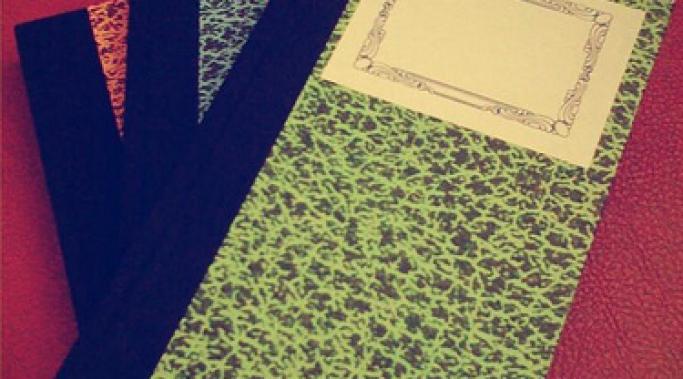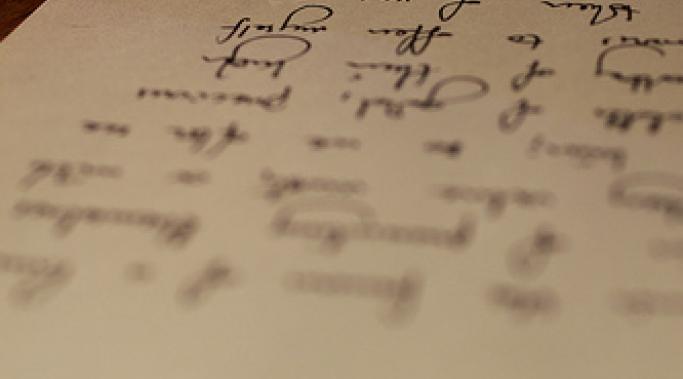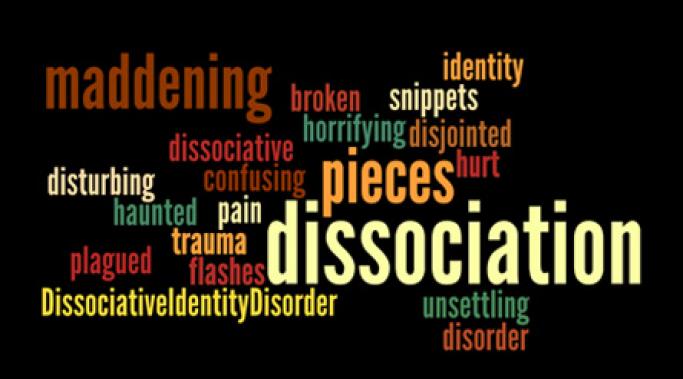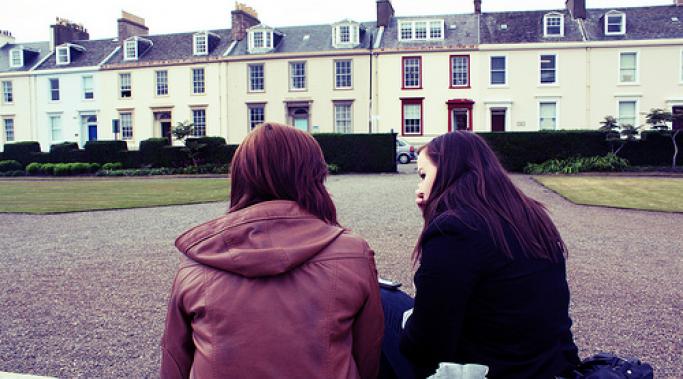I wrote the series, Diary of a Newly Diagnosed Dissociative, because I know I'm not the only one who has wrestled in turmoil over their Dissociative Identity Disorder diagnosis. I want those who are struggling to know that, within the context of DID, their experiences aren't as unusual as they probably feel. But knowing you're not alone, while helpful, won't ease the struggle too much if there's no end in sight. I can tell you, though, that making peace with this diagnosis is an attainable goal. I did it. These three things are what made it possible.
Dissociative Living
It seems many people think of Dissociative Identity Disorder as the pinnacle of crazy. But if I've ever truly lost my mind I did so when I was trying desperately to escape DID. It was when the confusion, fear, loneliness, and shame I felt in the aftermath of my Dissociative Identity Disorder diagnosis periodically reached critical mass that I panicked and, in fits of desperation, clung to ludicrous, even dangerous thoughts.
In my current series, Diary of a Newly Diagnosed Dissociative, I've been writing about what I've observed to be common emotional reactions to receiving a Dissociative Identity Disorder diagnosis. I say, "emotional reactions," but I don't know if that really does justice to the enormous impact a DID diagnosis can and often does have. When I say I was confused, I mean I was nearly incapacitated by confusion. When I say I was afraid and lonely, I mean I was almost paralyzed by fear and loneliness. It's with that same respect for the degree of overwhelming emotion that I talk to you today about shame.
Living with Dissociative Identity Disorder can be excruciatingly lonely. I endured my loneliest moments with DID in the first few years after diagnosis. Granted, my primary relationship at the time was drawing its dramatic last breaths and I'd recently lost my job. I had virtually no support system and was barely able to feed myself and my child. There's no doubt my loneliness was the result of more than just my Dissociative Identity Disorder diagnosis. But when I look back through my diaries from that time period, it's clear the diagnosis was partially to blame. In hindsight, it's easy to see why.
Prior to my Dissociative Identity Disorder diagnosis my alters existed and operated outside of my awareness. They affected my life in ways I had no explanation for, like invisible strangers living in your house and rearranging the furniture. Receiving the diagnosis was like someone turned on a light and exposed the multitude around me. Suddenly I could see and hear what had always been there. None of what occurred in the aftermath of that diagnosis was new. But all of it was severely amplified. And I felt, among other things, fear.
The first couple of years after my Dissociative Identity Disorder diagnosis are heavily documented in my diaries. The entries tell a disturbing and, I now know, common tale. I wish I'd known that what I was experiencing, as unhinged as it made me feel, was normal for people newly diagnosed with DID. With that in mind, I've decided that rather than just tell you what the aftermath of that diagnosis was like for me, I'll open up my diaries and show you.
I've lived virtually my whole life with a vague but pervasive sense that somewhere there were people I couldn't see who knew things about me I didn't. When I was diagnosed with dissociative identity disorder, I finally understood that the information I wasn't privy to existed in my own head, guarded by alter personalities. I naively thought I could simply ask and all would be revealed to me. I quickly learned that developing internal communication isn't nearly that easy. But there are dialoguing techniques that can help.
I dreamed I was at the mall, shopping with my partner. We strolled through the stores, bought a few things, and went home. It wasn't a particularly noteworthy dream but I mentioned it in passing to her anyway. "That wasn't a dream," she said. "We did that yesterday." How did I confuse reality for a fiction created by my dreaming mind? Memory is a tricky thing and dissociation complicates remembering. It's only because I have dissociative identity disorder (DID) and am aware of my dissociative memory problems that I believed her when she said it wasn't a dream. It didn't, and still doesn't feel like a memory at all.
Lately I've a greater need for Dissociative Identity Disorder support and community. But like most people with DID, I have serious trust issues. I'm far more comfortable on the fringes of any given group where I have a clearer view of the dynamics and can maintain a safe distance. Still, I'm a human being wrestling with tough stuff. I need understanding and fellowship - something many with DID find sporadically, if at all. It's important, therefore, to get the most out of whatever support we're given.
Anytime I'm traveling by car - whether I'm the driver or a passenger, whether it's a quick jaunt to the store or a half-day road trip - detailed visions of gruesome car accidents repeatedly interrupt my thoughts. These intrusive images are involuntary and a common symptom of posttraumatic stress disorder (PTSD) (typically comorbid in those with dissociative identity disorder). Until recently, I didn't understand why these particular intrusive images plague me so. I've never been in a serious car accident. It surprised me to learn what now seems obvious: any form of potential danger can trigger PTSD symptoms.

